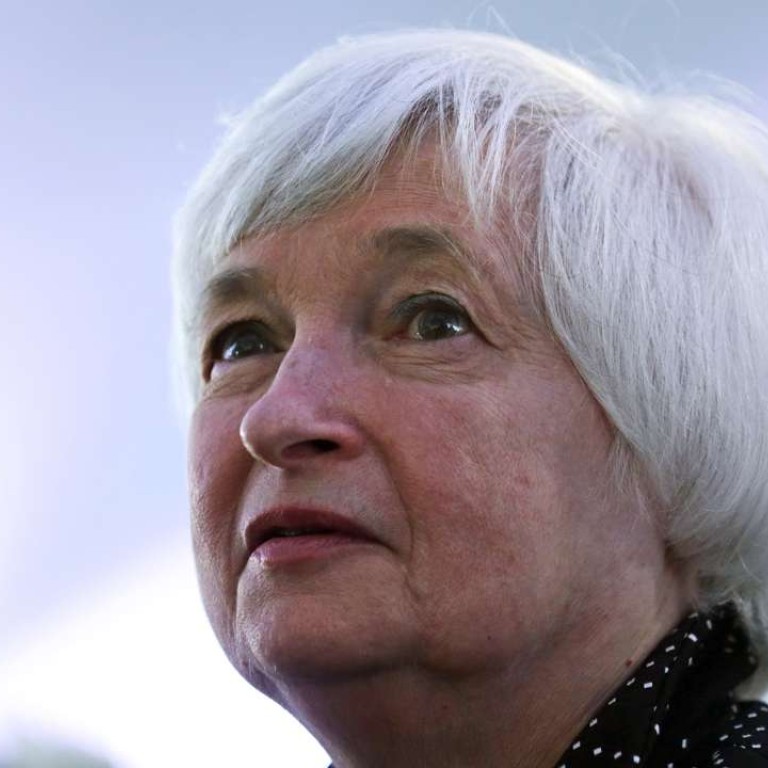
China and emerging economies will be watching for policy clues at this week’s FOMC meeting
The Federal Reserve’s two-day policy board meeting for June gets underway Tuesday
If the United States’ Federal Reserve’s FOMC meeting (Federal Open Market Committee) decides not to raise interest rates on Wednesday, policy makers in China and other emerging economies around the world will breathe a sigh of relief.
“The potential hike has been a dark cloud hanging over a lot of emerging market currencies,” said Kelvin Lau, senior economist at Standard Chartered.
Poor employment figures for the US in May now suggest that interest rate normalisation will be postponed, however, probably until the autumn.
Interest rate rises in the US are problematic for emerging markets as they result in better returns on investment for those investing in the United States. This can cause capital to flee from emerging markets in pursuit of higher returns, triggering downward pressure on emerging market currencies.
If a hike does not take place, Heng Koon How, senior investment Strategist (FX) private banking Asia Pacific, at Credit Suisse said: “I would expect that the Chinese yuan will now stabilise somewhat across June, at least until US rate hike expectations resume.”
“The Fed is still on track to renormalise US policy rates later this year,” said Linan Liu, Deutsche Bank Greater China rates strategist. “So it is important to prepare sufficiently for policy responses to address any risks arising from a potential Fed rate hike, both by Chinese policy makers and also the Fed, who should consider any impact on the global market due to their policy actions.”
Ju Wang senior forex strategist at HSBC says that US interest rates and the value of the Chinese currency were likely discussed at last week’s US-China Strategic Dialogue.
“While it was not implicitly stated, what we understood is that the Chinese delegation demonstrated that it was not trying to weaken its currency, while the US said that it would pay attention to the global situation when it makes it decisions about rates,” she said.
A return to more normal interest rates in the United States could have a worrying impact on China.
Andrew Colquhoun, head of Asia Pacific sovereigns at ratings agency Fitch said that the Chinese authorities would have three options if the yuan were to come under pressure in the event that US interest rates are lifted.
“Firstly they could tighten capital controls to stop money leaving China (as they have been doing), but whatever they do, some people will find ways around these. Secondly, they could raise interest rates themselves, but this would exacerbate China’s debt problems as it would make borrowing more expensive. Thirdly they could significantly devalue the RMB, but that would not be the panacea that some expect; there is no exchange rate that would allow China to re-open every steel mill, or re-employ every laid off factory worker,” he said.
Fed Chairwoman Janet Yellen is slated to hold a press conference shortly after the FOMC policy statement is released at 2pm Eastern Standard Time on Wednesday.
This story was amended to give the correct abbreviation of FOMC in first paragraph.

